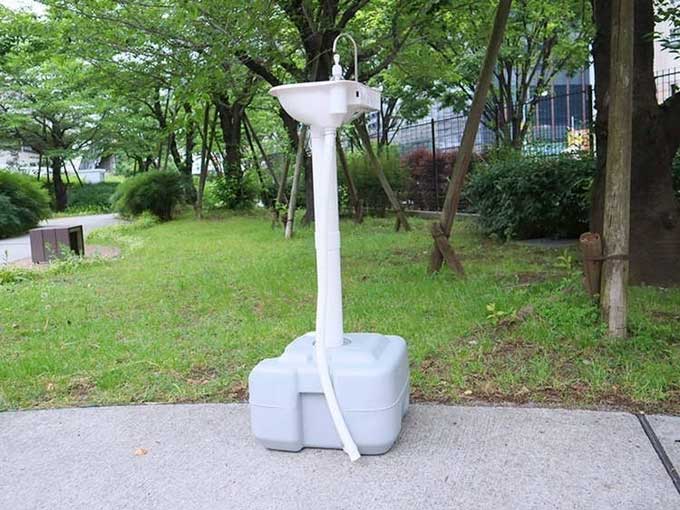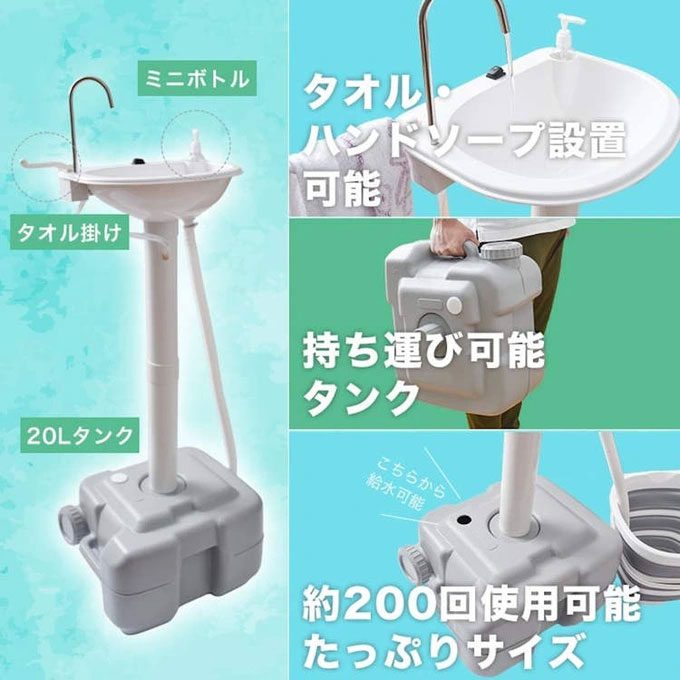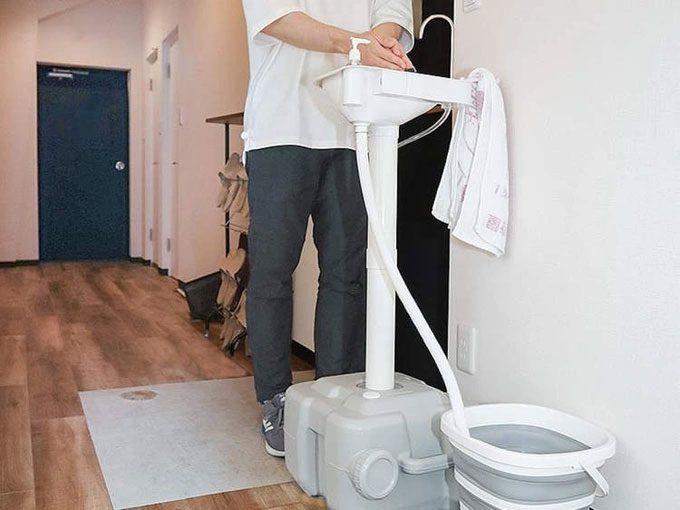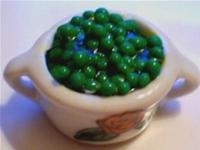Japanese inventions always amaze us not only for their civilizational value but also for their intriguing nature.
The Covid-19 pandemic is no longer as dangerous as it was in the early days, but that doesn’t mean you should neglect personal hygiene.

A lightweight smart mobile sink weighing less than 3kg produced by a Japanese company. (Photo: Thanko).
Thanko – a smart device manufacturer in Japan, has recently launched a mobile sink that can be assembled anywhere in less than 1 minute, ensuring your hands are always clean.
The mobile sink is made of lightweight materials, weighing about 3kg, and can be easily carried and assembled in seconds thanks to its simple, scientific modular design.
It includes a 20-liter water tank that also serves as the base of the device, a water hose, a drainage pipe, a lightweight sink, and a metal faucet. Most interestingly, the sink features a small towel rack, showcasing the sophistication of Japanese design.
To pump water from the tank, the system uses an electric pump powered by a 9V battery, which can operate for up to 65 hours.

The modular design of the mobile sink makes it easy to carry anywhere. (Photo: Thanko).
A representative from Thanko stated that many of us often rely on alcohol-based gel products available in the market to clean our hands whenever we are away from a water source. However, these gels only partially disinfect viruses and pathogens.
On the other hand, the traditional method of washing hands with water and soap is still considered the most effective if you want to ensure cleanliness for your hands and other parts of your body.
According to Professor John Swartzberg, a specialist in infectious diseases at the University of Berkeley, the molecules in regular soap are very effective in removing and killing germs on human hands.
The structure of most viruses consists of lipid fat molecules, proteins, and RNA. Among these, the weakest link is the fat molecules. When we use soap in conjunction with water to wash our hands, it creates a substance known as “amphiphile.” This substance has a structure similar to the lipid fat of viruses, which can penetrate and disrupt the virus’s natural structure, thereby killing it.
However, an important requirement for soap to perform its job is often overlooked: time. Specifically, Professor John Swartzberg emphasizes that it takes at least 20 seconds for soap molecules to bind and break down the structure of pathogens on hands and other surfaces.

The mobile sink can be placed indoors, taken on picnics, at outdoor events, or construction sites… (Photo: Thanko).
Unfortunately, finding a proper place to wash hands can sometimes be a significant challenge, especially in remote or isolated areas.
With its invention, Thanko claims that users can now conveniently use the sink to wash their hands anywhere, at outdoor events, construction sites, or even in a garage.




















































